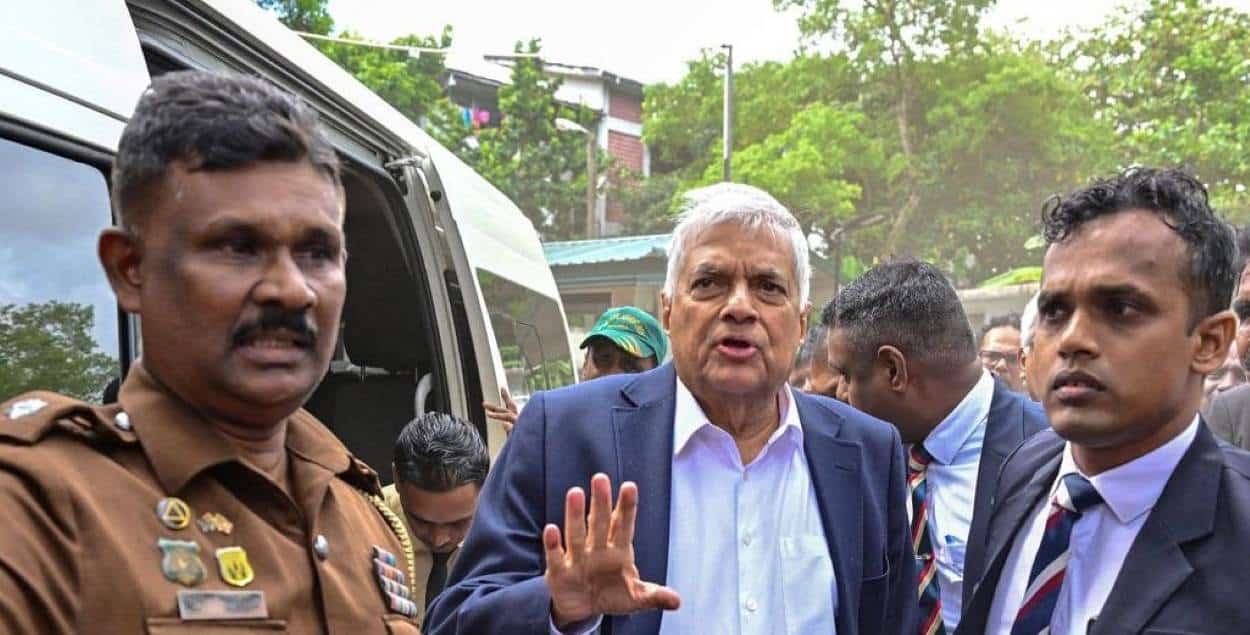On August 22, 2025, the Criminal Investigation Department (CID) in Colombo arrested former Sri Lankan President Ranil Wickremesinghe for alleged misuse of state funds, according to Ada Derana. The 76-year-old appeared at the CID office to provide a statement about a 2023 trip to London for his wife’s graduation ceremony, which investigators allege he funded with government resources.
Wickremesinghe, who served as president from 2022 to 2024, entered custody and is scheduled to appear in court on August 22, according to local media. Investigators focus on his use of state funds for a private visit as part of a broader probe into financial misconduct. A Sri Lankan police spokesperson has not confirmed the arrest, and Wickremesinghe’s office did not respond to Reuters for comment
A six-time prime minister and leader of the United National Party (UNP), Wickremesinghe assumed the presidency in 2022 amid Sri Lanka’s worst economic crisis, following the resignation of Gotabaya Rajapaksa after widespread protests. His austerity measures stabilised the economy but alienated voters, leading to a third-place finish in the 2024 presidential election behind Anura Kumara Dissanayake and Sajith Premadasa.
A large crowd gathered near the court premises, with additional security arrangements in place.
Former President Ranil Wickremesinghe, who was arrested by the CID over allegations of misusing state funds to travel to London for his wife’s graduation ceremony, has been produced… pic.twitter.com/GYI3xB5JiA
— Sri Lanka Tweet 🇱🇰 (@SriLankaTweet) August 22, 2025Born into a prominent political and media family, Wickremesinghe became Sri Lanka’s youngest cabinet minister at 29 in 1978, appointed by his uncle, President Junius Jayewardene. He led the UNP from 1994 after surviving a wave of political assassinations. His arrest marks a historic first for a former Sri Lankan head of state, raising questions about accountability and anti-corruption efforts.
The CID’s investigation and Wickremesinghe’s court appearance will likely intensify scrutiny of his presidency. As Sri Lanka continues its economic recovery, the case could influence public trust in governance and the ongoing anti-corruption drive under the National Anti-Corruption Action Plan (2025-2029).






